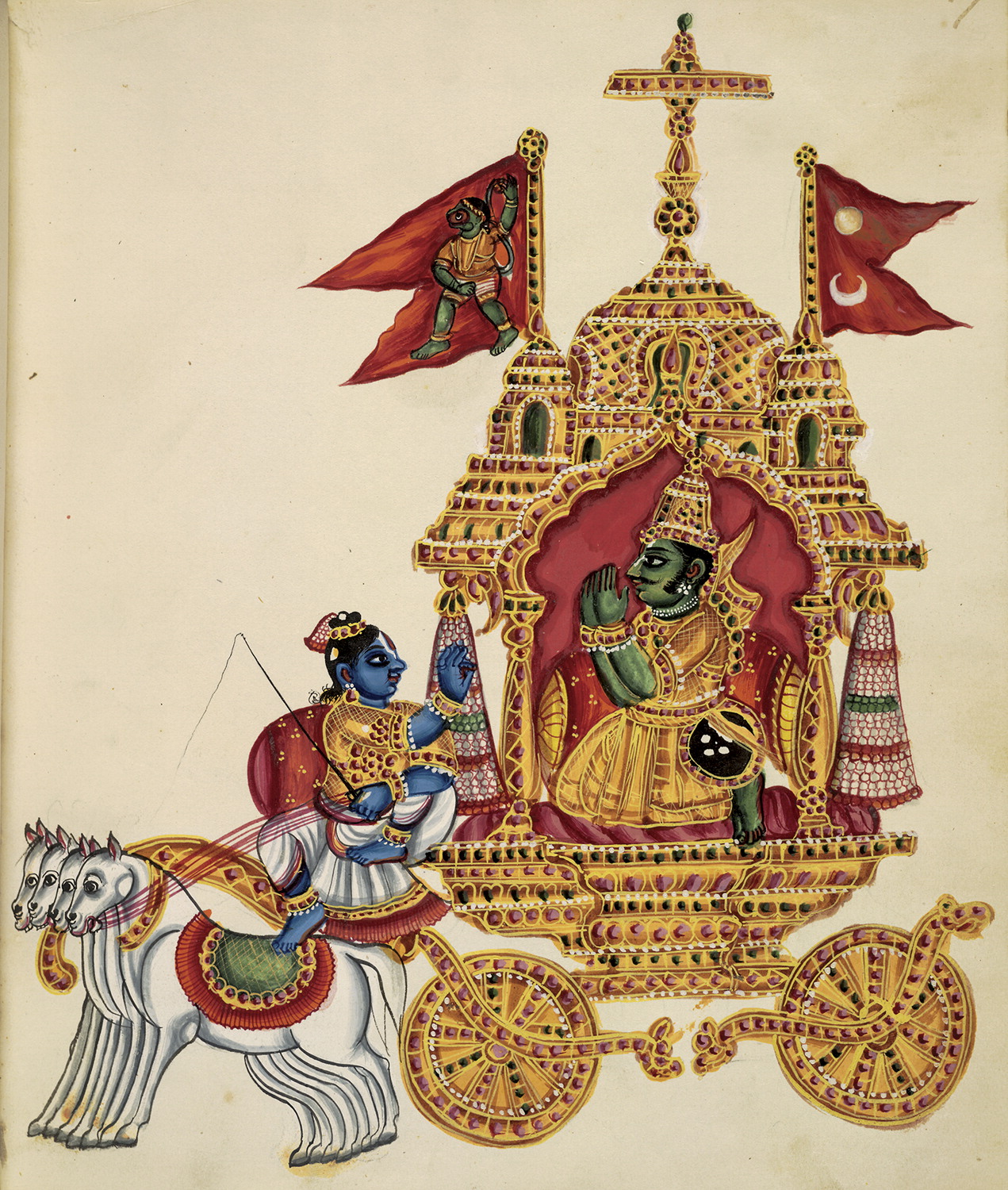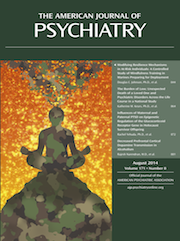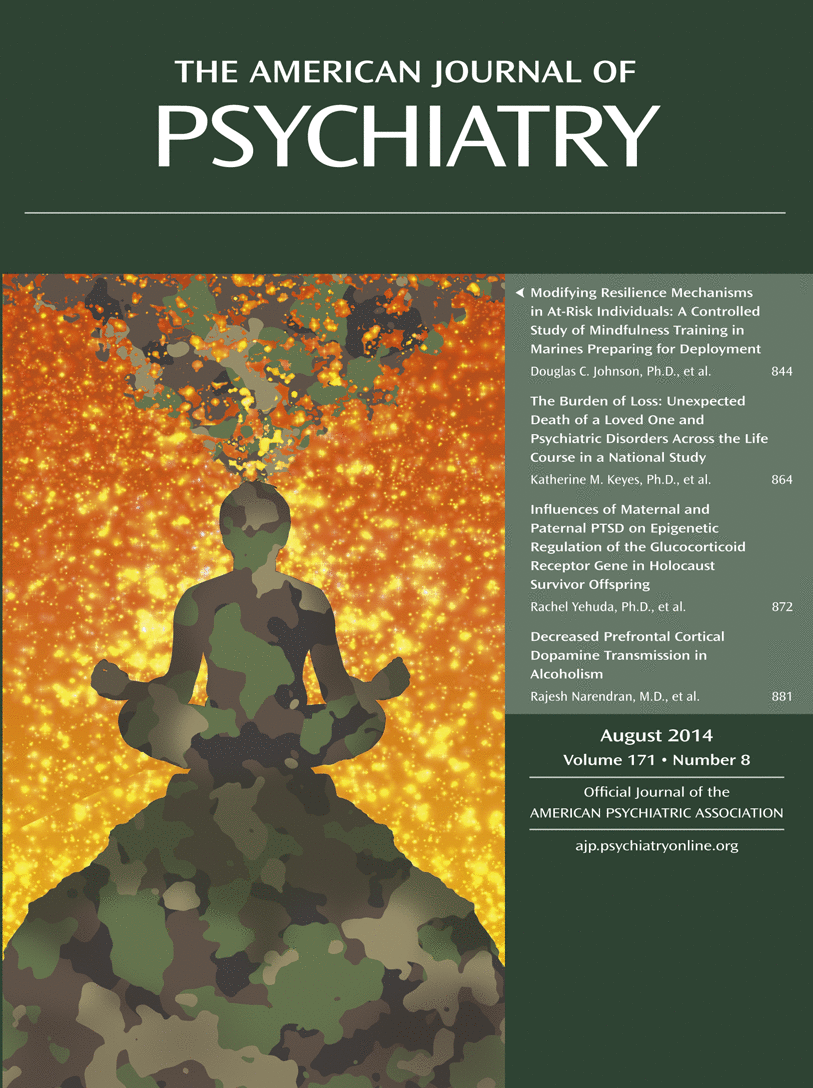Psychotherapy in the Bhagavad Gita, the Hindu Scriptural Text

Chapter 1, verses 29 and 30
Arjuna speaks (in a state of combat anxiety): Am feeling weakness of limbs, my mouth is parched, my body shivers, and I have goose bumps on the skin. My bow is slipping away, and my skin burns. I am unable to stand up, and my mind is confused.
Chapter 2, verse 47
Krishna counsels: You have to render your actions without desiring a material benefit. Let not the material fruits of action (kingdom) become your motivation. And never choose inaction either.
Chapter 2, verse 54
Arjuna speaks: Oh Krishna, what is the demeanor of one who has a steadfast and tranquil mind? What is his posture, how does he speak and what are his actions like?
Chapter 2, verse 55
Krishna replies: He who has relinquished all bodily and mental desires and is totally focused on the transcendental soul is to be called a person of steadfast mind.
Chapter 2, verses 63 and 64
Krishna continues: Dwelling on material pleasures causes attachment. From attachment springs hedonism, and from hedonistic desires arises anger. Anger clouds judgment. Errors of judgment result in loss of wisdom, leading to one’s destruction. He whose senses are controlled and free from desires and hatred attains freedom from misery and his mind becomes tranquil.
Chapter 18, verse 73
Arjuna’s final response: Oh Krishna, my (material) attachment has been removed and with your grace I have regained good judgment. I stand here with all my doubts cleared and shall implement your words.
References
Information & Authors
Information
Published In
History
Authors
Metrics & Citations
Metrics
Citations
Export Citations
If you have the appropriate software installed, you can download article citation data to the citation manager of your choice. Simply select your manager software from the list below and click Download.
For more information or tips please see 'Downloading to a citation manager' in the Help menu.
View Options
View options
PDF/EPUB
View PDF/EPUBLogin options
Already a subscriber? Access your subscription through your login credentials or your institution for full access to this article.
Personal login Institutional Login Open Athens loginNot a subscriber?
PsychiatryOnline subscription options offer access to the DSM-5-TR® library, books, journals, CME, and patient resources. This all-in-one virtual library provides psychiatrists and mental health professionals with key resources for diagnosis, treatment, research, and professional development.
Need more help? PsychiatryOnline Customer Service may be reached by emailing [email protected] or by calling 800-368-5777 (in the U.S.) or 703-907-7322 (outside the U.S.).

